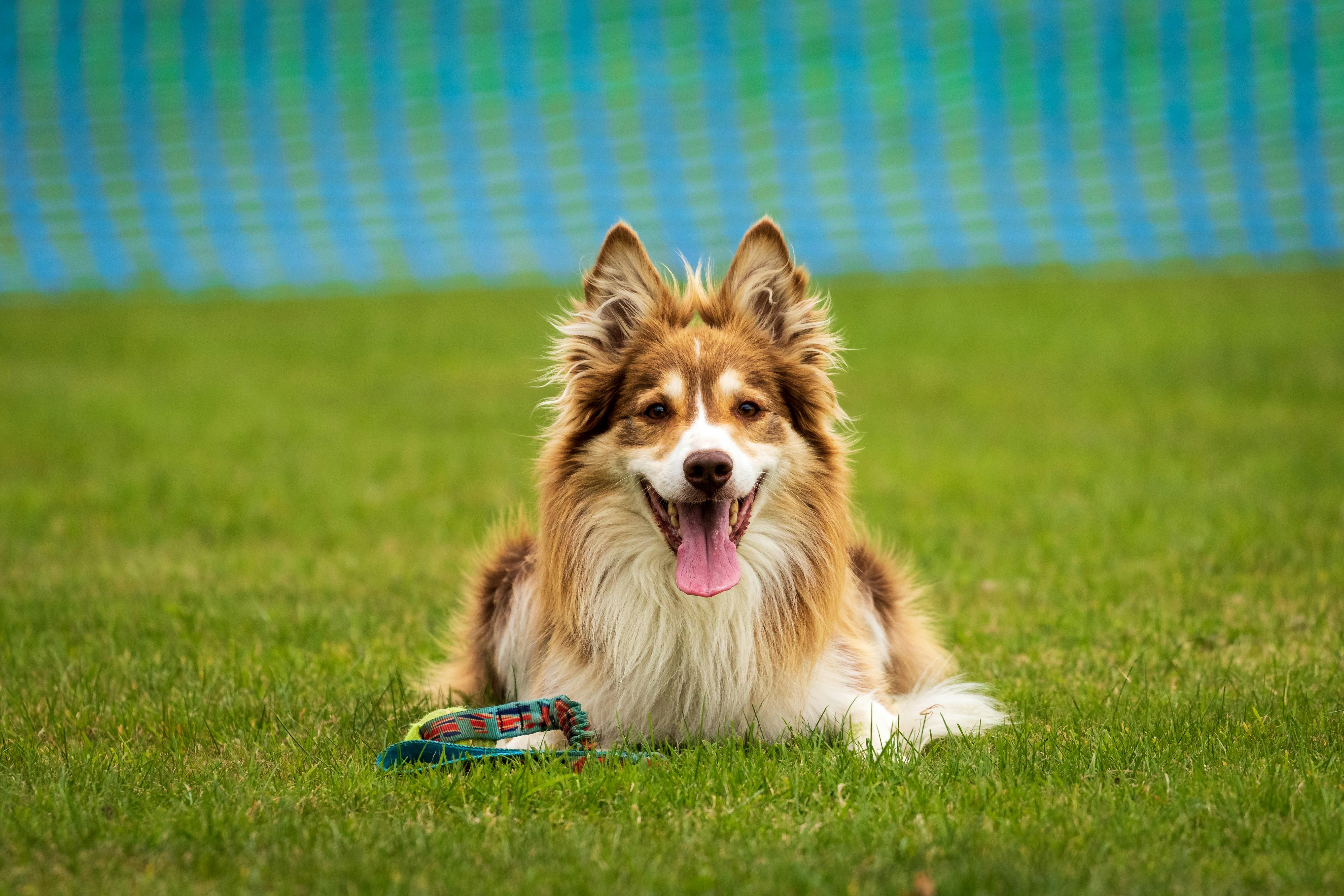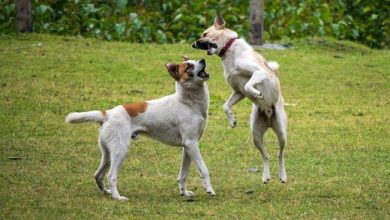How to Prevent Your Dog From Being Destructive When Bored

Dogs, much like humans, can become restless and exhibit undesirable behaviors when left without sufficient mental and physical stimulation. This often manifests as destructive tendencies, leading to chewed furniture, torn cushions, and general chaos in the home. Understanding the root causes of this behavior is crucial for pet owners who wish to maintain a harmonious living environment. This article will guide you through effective strategies to prevent your dog from becoming destructive due to boredom. By implementing these techniques, you can ensure your furry companion remains content and your home stays intact, fostering a more peaceful coexistence.
Understanding the Root Causes of Canine Boredom
To tackle the issue of destructive behavior in dogs, it’s crucial to first delve into what triggers their boredom. Dogs are inherently curious and active creatures, and several factors contribute to their restlessness. A lack of physical exercise is a primary culprit. Without regular walks or playtime, dogs have unspent energy that can manifest as chewing, digging, or other undesirable behaviors. Similarly, mental stimulation is just as important. A monotonous environment can lead to boredom, as dogs thrive on exploration and interaction.
Key contributors to canine boredom include:
- Insufficient physical activity: Dogs need regular exercise to expend their energy.
- Lack of mental challenges: Engaging toys or puzzles can provide necessary mental stimulation.
- Inadequate social interaction: Dogs are social animals and require interaction with humans or other dogs.
- Predictable routine: Varying daily activities can prevent monotony.
By identifying these root causes, you can tailor strategies to keep your dog engaged and prevent boredom-induced destructive behaviors.
Engaging Activities to Keep Your Dog Stimulated
- Puzzle Toys: Incorporate toys that challenge your dog’s mind. These can be treat-dispensing puzzles or interactive games that require problem-solving skills. Not only do they keep your dog occupied, but they also provide mental exercise, which is essential for preventing boredom.
- Training Sessions: Regular training is a fantastic way to engage your dog. Teach them new tricks or reinforce old ones. Short, focused sessions can be both stimulating and rewarding, enhancing your dog’s obedience and your bond.
- Interactive Play: Dedicate time for interactive play with your dog. Games like fetch, tug-of-war, or hide and seek can provide both physical and mental stimulation, helping to expend energy that might otherwise be channeled into destructive behavior.
- Exploration Walks: Change up your walking routine by introducing new routes or environments. Let your dog explore new scents and sights. This not only provides physical exercise but also keeps their senses sharp and engaged.
- Agility Courses: Set up a simple agility course in your backyard or living room. Use household items to create jumps, tunnels, and weave poles. Agility training can improve your dog’s coordination and focus, providing a fun and stimulating challenge.
Incorporating these activities into your dog’s daily routine can significantly reduce boredom and the likelihood of destructive behavior. Each activity caters to different aspects of your dog’s needs, ensuring they remain happy and healthy.

Training Techniques to Discourage Destructive Behavior
Keeping your dog engaged is key to preventing destructive behavior. Interactive training sessions can work wonders in channeling their energy positively. Consider introducing puzzle toys that challenge their problem-solving skills, or use treat-dispensing toys to keep them entertained while you’re away. Incorporating short training exercises throughout the day can also help. Teach new commands or tricks to stimulate their mind, and remember to reward them with praise or treats for good behavior.
- Regular Exercise: Ensure your dog receives ample physical activity through walks, runs, or playtime to tire them out physically.
- Environmental Enrichment: Rotate their toys regularly to keep their interest piqued, and introduce new scents or sounds for exploration.
- Positive Reinforcement: Use rewards to encourage desirable behavior, making sure to redirect them calmly if they start to act out.
These methods not only curb unwanted behavior but also strengthen the bond between you and your furry friend, making for a happier and more harmonious household.

Creating a Safe and Enriching Environment for Your Dog
Ensuring your canine companion has a secure and stimulating environment is crucial in preventing boredom-induced mischief. A well-rounded approach involves both physical and mental stimulation. Start by incorporating a variety of activities into your dog’s daily routine. Interactive toys and puzzle feeders are excellent for keeping their minds engaged, offering a rewarding challenge that diverts attention away from destructive behaviors.
- Rotate toys regularly: Keep things fresh by switching out toys every few days to maintain your dog’s interest.
- Designate a safe space: Create a comfortable area where your dog can retreat, equipped with cozy bedding and their favorite toys.
- Engage in training exercises: Short, frequent training sessions reinforce positive behavior and stimulate their intellect.
Additionally, incorporating physical exercise into your dog’s routine is essential. Regular walks, playtime in the yard, or trips to the dog park can significantly reduce pent-up energy that often leads to destructive actions. By balancing mental challenges with physical activities, you create a harmonious environment that satisfies your dog’s natural instincts and curbs boredom effectively.



